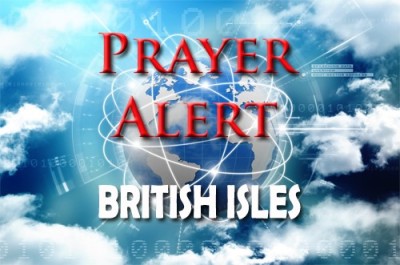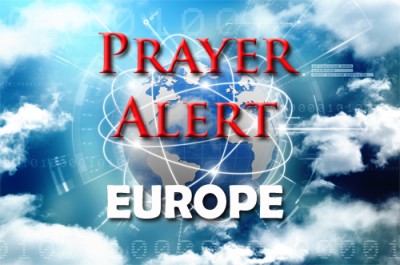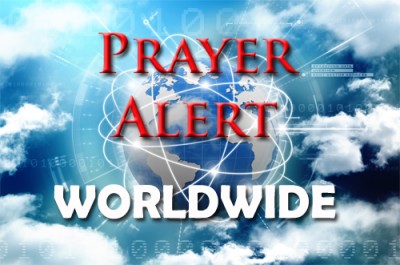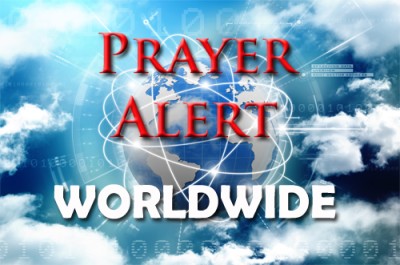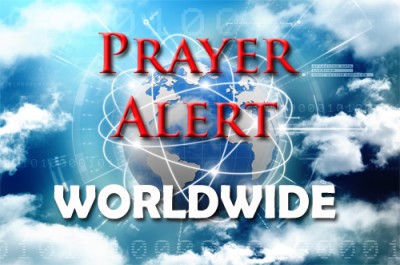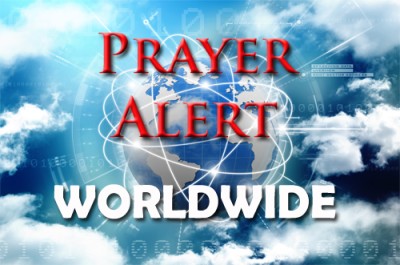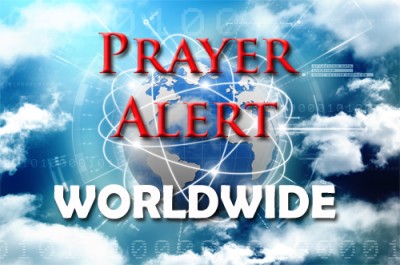Fertility rates in Great Britain have fallen to record lows, continuing a long-term decline seen since 2010. In England and Wales, the average dropped to 1.41 babies per woman in 2024, while Scotland recorded an even lower 1.25. Demographers say a replacement rate of 2.1 is needed to sustain population levels. Despite this, the number of births rose in 2024 due to immigration-driven population growth, with more women of childbearing age now living in the UK. Births to mothers from southern Asia and Africa have risen sharply, while births to EU-born mothers have declined since Brexit. Luton now records the highest fertility rate, with seven in ten babies born to foreign-born mothers. Fertility has fallen in all local authorities since 2014, though Birmingham has seen a recent rise. Experts warn that fewer babies combined with an ageing population will increase economic pressure, as fewer workers will be available to support rising healthcare and pension demands in the future.
Donald Trump is intensifying pressure on the EU and other nations over digital regulations and taxes which he argues unfairly target American technology companies. Threatening new tariffs and restrictions on exports, he has warned that countries with policies he deems discriminatory will face consequences unless they roll back their measures. At the heart of the dispute are the EU’s Digital Services Act and Digital Markets Act, designed to curb monopolistic practices and require platforms to tackle harmful content, but viewed by Washington as an attack on US firms like Google and Meta. The standoff raises tensions at a delicate stage in transatlantic trade talks, with many issues unresolved despite a preliminary agreement. Analysts caution that Europe is unlikely to reverse rules which represent long-sought goals of digital sovereignty, while Trump’s negotiating tactic is seen as ‘keep on pushing, keep on demanding: nothing is ever fully agreed upon.’
Tragedy struck Minneapolis when a gunman opened fire during a worship service at a Catholic school, killing two children aged eight and ten and injuring at least seventeen others. The attacker, 23-year-old Robin Westman, heavily armed with a rifle, shotgun, and pistol, was later found dead. Authorities say he acted alone and had no extensive criminal history; his motive remains unclear. Ten victims remain in critical condition, with several requiring urgent surgery. The violent assault has devastated families, leaving parents grieving, children fighting for their lives, and a city grappling with profound trauma. Officials described the community’s heartbreak as immeasurable, with the mayor calling for more than empty platitudes. The event has reignited anguished questions over gun violence, safety in places of worship, and the vulnerability of schools meant to be sanctuaries for children.
A deadly double strike on a hospital in Gaza has drawn sharp international condemnation. At least twenty people were killed, including five journalists and four health workers, when two consecutive strikes targeted the facility. The UN, describing the attack as ‘unacceptable’, called for those responsible to face justice. The IDF claimed the strikes were aimed at a Hamas-operated camera, but did not explain why a second strike was deemed necessary. There have been escalating protests inside Israel, with families of hostages and supporters demanding that Netanyahu agree to a ceasefire deal. The humanitarian crisis is deepening across Gaza: a UN-backed body has confirmed that a famine is taking place in Gaza city (a claim described as an ‘outright lie’ by Israel), and most of the territory’s population faces dire shortages of shelter, food, and medical care after months of war. Pope Leo XIV has joined the Latin and Greek Orthodox patriarchs of Jerusalem in a powerful plea for an immediate end to the war: see
Iran’s nuclear negotiations with the E3 countries (Germany, France, and the UK) have resumed in Geneva. With a packed agenda, the focus is on lifting sanctions, which have caused severe damage to the country's economy in recent years. Tehran’s foreign minister indicated a willingness to engage in indirect talks with the USA, but only on condition that military options would be abandoned. Inside the country, deep divisions have sharpened between reformists, who are calling for suspending uranium enrichment, cooperating with the IAEA, and easing repression, and hardliners, who demand the continuation of nuclear activities and reject compromise. Human rights concerns are mounting, with executions surging to at least 160 in a single month - a 54 percent increase compared to the previous year - bringing the year’s total to more than 800. Reformist voices, though accused of betrayal and sedition, continue to press for reconciliation and freedom for political prisoners.
Opposition leader Julius Malema has been found guilty of hate speech by the country’s equality court after inflammatory remarks he made at a 2022 rally. The Economic Freedom Fighters (EFF) chief, known for provocative statements, said that ‘a revolution demands that at some point there must be killing’, following an incident where a white man allegedly assaulted a party member. The court ruled that while condemning racism is acceptable, these words amounted to incitement to violence. Malema and his party rejected the judgment, saying the words had been taken out of context. The conviction adds to Malema’s history of controversy, including a ban from entering the UK and criticism from Donald Trump for incendiary remarks and songs. His case underscores the continuing struggle with racial tensions in South Africa more than three decades after apartheid ended.
The story of Rio Blanco reveals both the promises and perils of large-scale mining projects in vulnerable communities. Initially welcomed by locals with hopes of jobs and development, a Canadian mining project quickly soured amid broken promises, environmental damage, and land disputes. Successive companies failed to deliver on social commitments while accusations mounted of arsenic contamination, drying wetlands, and loss of farmland. Tensions escalated, splitting the community between those desperate for employment and those fighting to protect land and water. Protests, blockades, and violence culminated in a court ruling suspending operations due to the government’s failure to consult Indigenous communities. Yet conflict has persisted, with violence against activists and threats of illegal mining. Today, the people of Rio Blanco struggle with fractured trust, environmental scars, and ongoing uncertainty, as they seek sustainable alternatives and a future free from exploitation.
The conflict between Federal Reserve governor Lisa Cook and Donald Trump represents a profound clash over institutional independence and executive authority. Trump says he has dismissed Cook, alleging mortgage fraud, but her attorney insists the president lacks the power to remove a governor in this way. According to the Federal Reserve Act, governors should serve a fourteen-year term and may only be removed ‘for cause’, but what qualifies as ‘cause’ is unclear. Trump’s move follows similar attacks against other prominent Democrats, raising concerns about politicising independent regulators. Legal scholars note that recent supreme court rulings granted broader executive authority over some agencies, but not over the Federal Reserve. Cook, refusing to resign, has vowed to challenge Trump’s actions in court. The outcome of this struggle could potentially set a historic precedent. In a separate development, Trump has fired the head of the Centre for Disease Control, Susan Monarez, only a month after she was appointed: see
